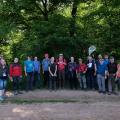Commissioner Sinkevičius and Jury member Roby Biwer presented the Cross-border cooperation award 2022 to Christian Zaenker (Höhlen- und Karstforschung Hessen e.V.) and, on screen, Bärbel Vogel (VDHK), for their application “Evaluate the dark side with the CaveLife app”.
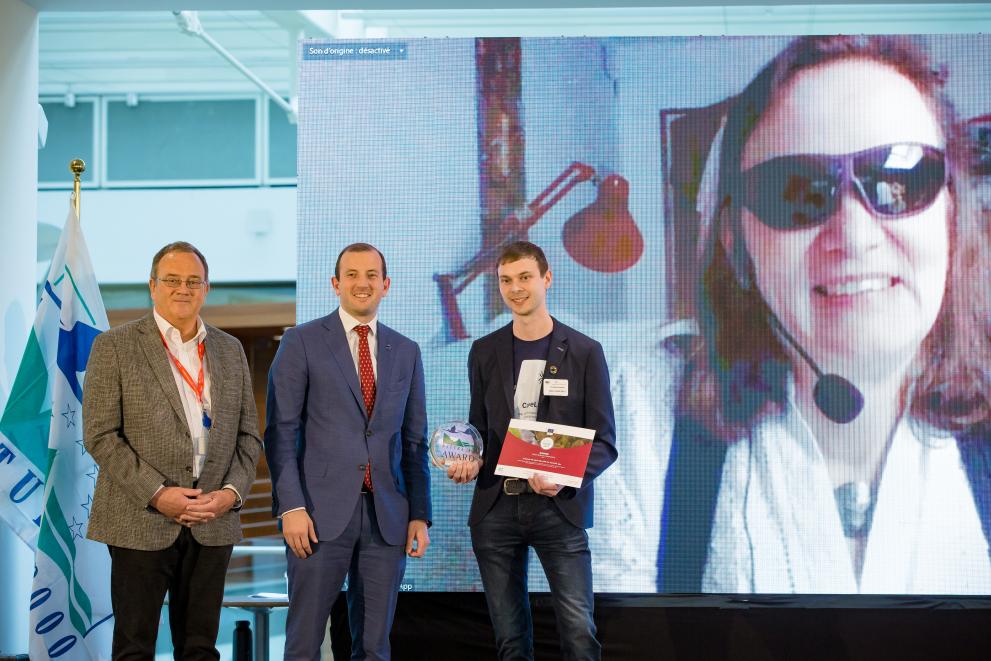
About the project
- Main applicant
Verband der deutschen Höhlen- und Karstforscher e.V. VdHK / German Speleological Federation
- Category
Cross-border cooperation
- Countries involved
Germany
- Main N2000 site
Werra- und Wehretal (DE4825302)
Overview
Monitoring caves and underground habitats and species is a challenging task. There are only a few professional experts in this field, which severely limits what is known about cave ecosystems. Across the EU, very few official assessments of underground habitats exist, and little information is available through official agencies.
On the other hand, there are hundreds of volunteer speleologists (cave experts or enthusiasts) in Europe with access to data and knowledge about caves that could be very useful for the agencies officially tasked with their conservation.
To enable speleologists to contribute to the assessment of protected cave habitats (known as “Caves not open to the public” in the EU Habitats Directive and Natura 2000) and cave-dwelling species (such as bats), the German Association of Cave and Karst Researchers has developed CaveLife – a smartphone app that allows amateur cavers to contribute to the assessment of underground habitats and species by uploading data to a centralised database. This data is then made available to nature conservation authorities across Europe.
"It is an incredible honour for our voluntary project, which was launched without financial support and is now spreading across Europe to evaluate the dark side of Natura 2000 sites under our feet," said Christian Zaenker, who is the developer and coordinator of the CaveLife app.
The CaveLife app has become an important tool for data collection. It is currently used by several hundred speleologists from Germany, Austria, Luxembourg and Switzerland who have been trained in using the app in national and Europe-wide workshops.
To date, the central database contains 230 000 records for over 12 000 sites. The data is made available to nature conservation authorities including those responsible for the management of Natura 2000 habitats. Currently, the app is available in German and French, and English and Czech versions will be made available soon.
Local event
The German Speleological Federation (Verband der deutschen Höhlen- und Karstforscher e.V. VdHK) organised a local event from 1-4 June 2023 to celebrate winning the Natura 2000 Award in the Cross-border cooperation category (2022 edition). The four-day event was held at an ancient monastery in Lower Saxony, Germany, and highlighted the achievements of the winning application “Evaluate the dark side with the CaveLife app”, as well as drawing attention to the conservation of gypsum karst habitats.
The event kicked off with a series of presentations related to gypsum karst with a focus on European and other international perspectives, followed by a guided tour around the monastery. This was complemented on the second event day by insights from presenters and a round table focusing on the condition of gypsum karst landscapes in Germany – especially in the South Harz mountains where the event took place – and the role Natura 2000 sites play in the protection of this habitat type. The day concluded with a celebratory reception dedicated to winning the Natura 2000 Award.
The following two days included a seminar on the monitoring of natural springs and two excursions to the gypsum karst in the Southern Harz Mountains to see theory turned into practice. In the evening, participants were also able to enjoy a presentation on cave photography in multiple European countries.
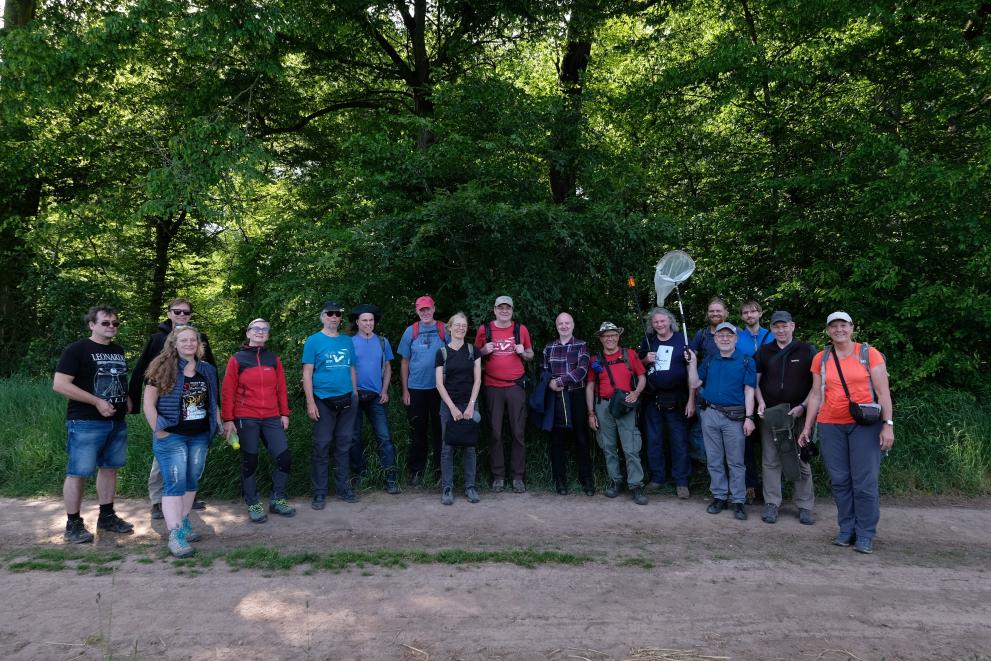
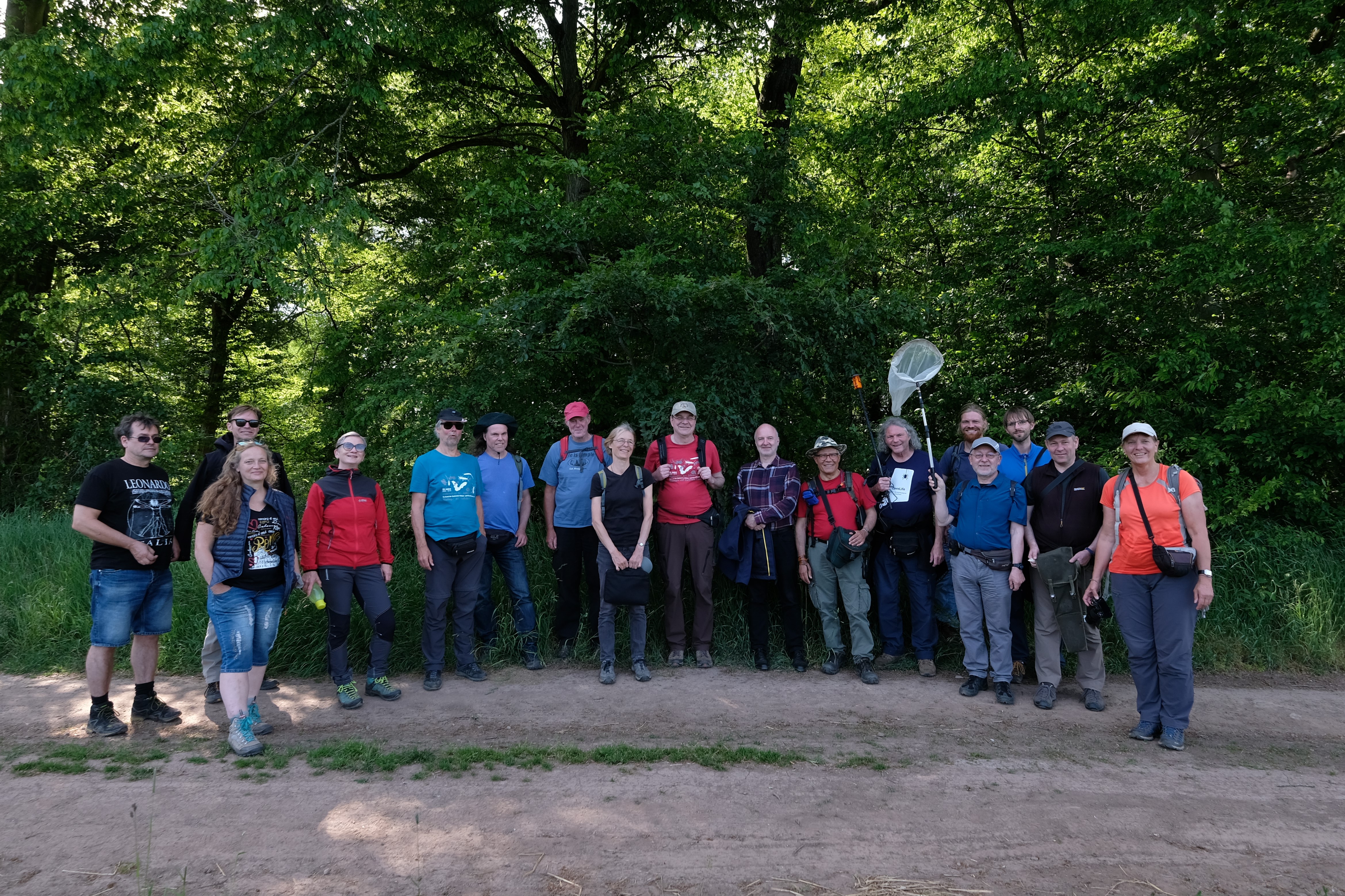
DE: VdHK workshop on springs under the lead of Stefan ZaenkerDE: VdHK workshop on springs under the lead of Stefan Zaenker© Florian Bachmann Evaluate the dark side with the CaveLife app - main photoEvaluate the dark side with the CaveLife app - main photoPeter Hofmann 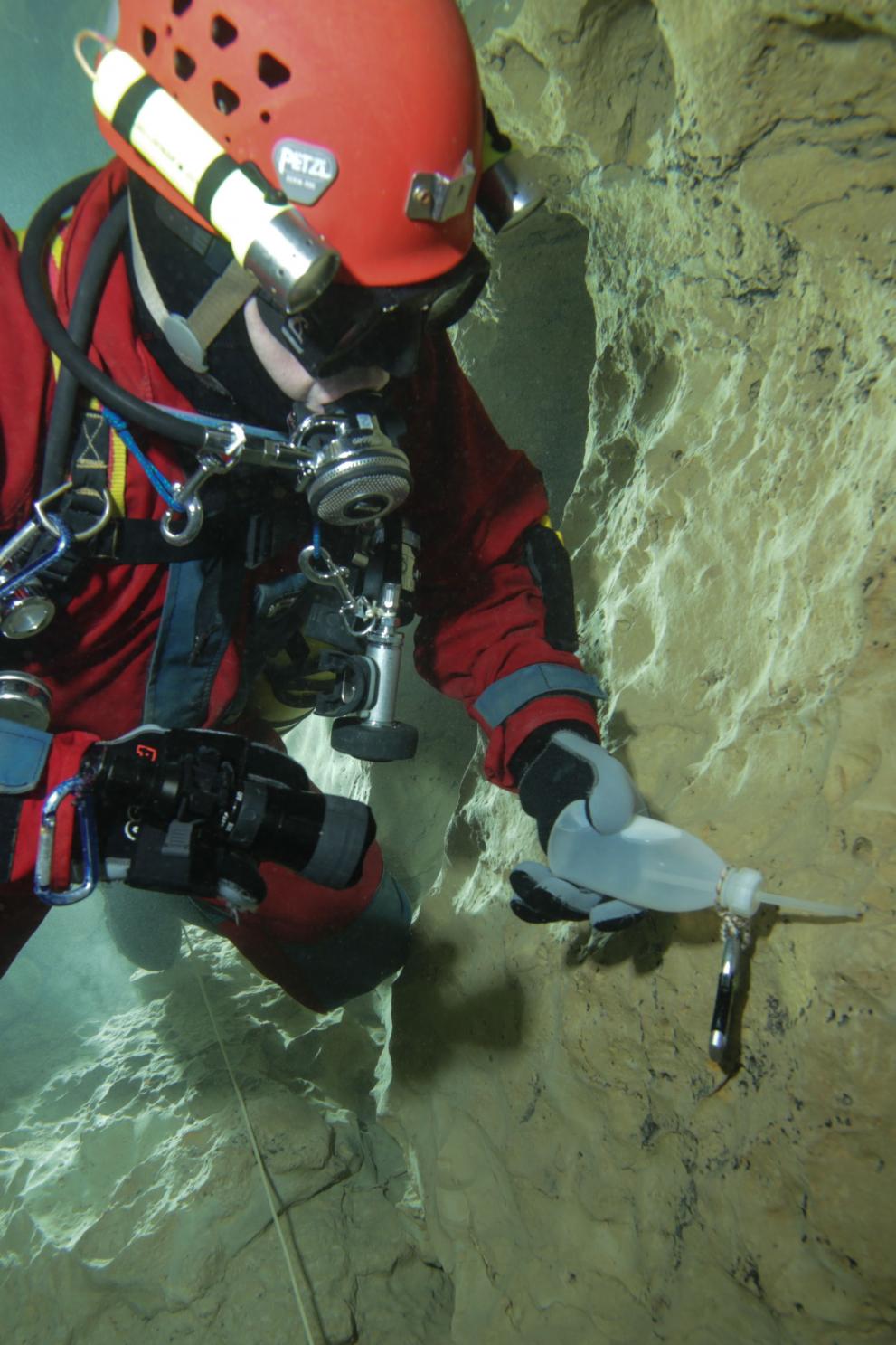
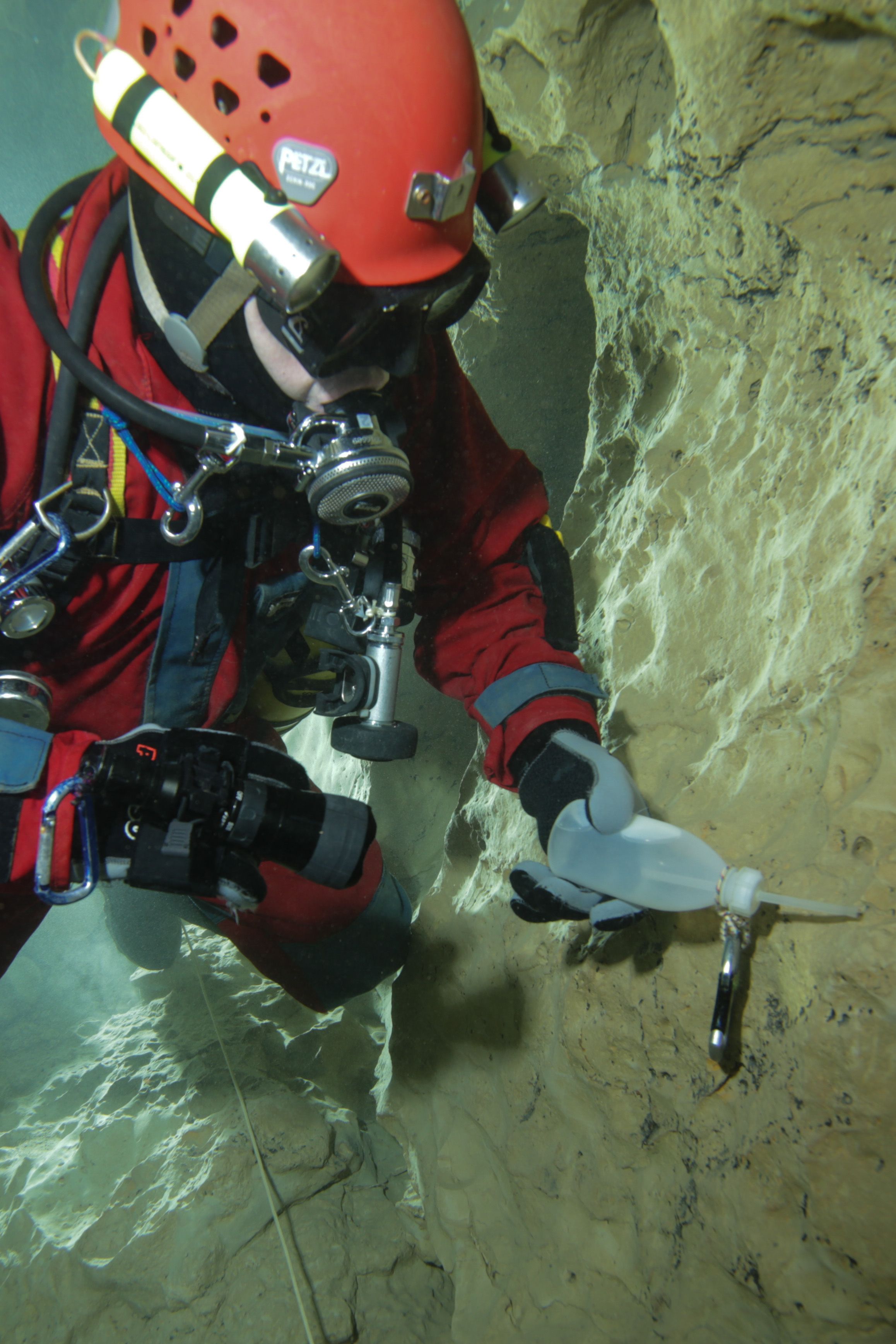
Evaluate the dark side with the CaveLife app - add photo 1A. Kücha - HFGOKA. Kücha - HFGOK Evaluate the dark side with the CaveLife app - add photo 2Renate GindertRenate Gindert Evaluate the dark side with the CaveLife app - add photo 3Peter HofmannPeter Hofmann 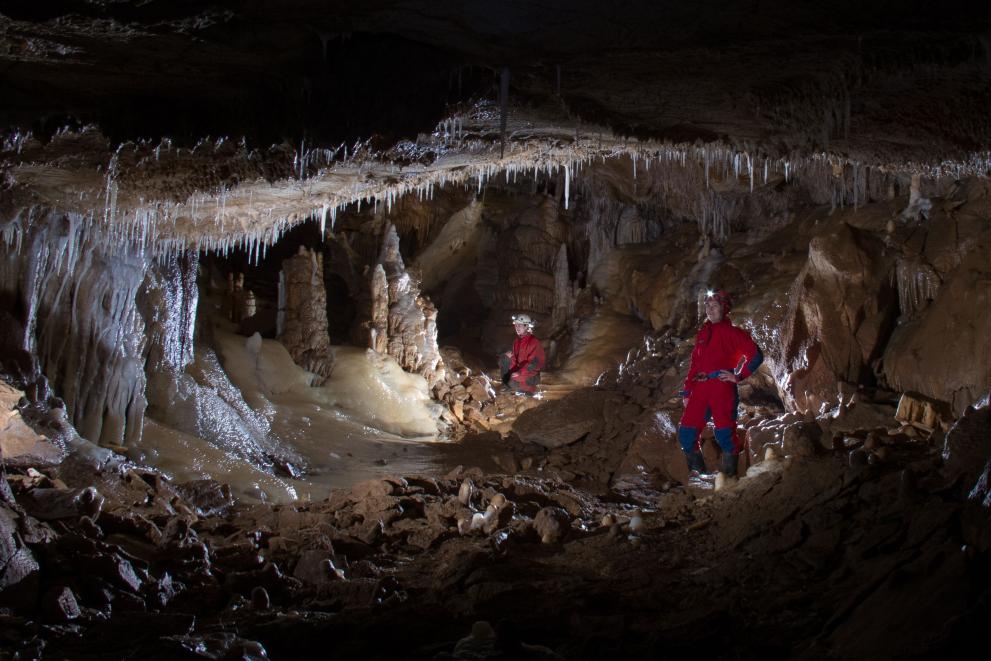
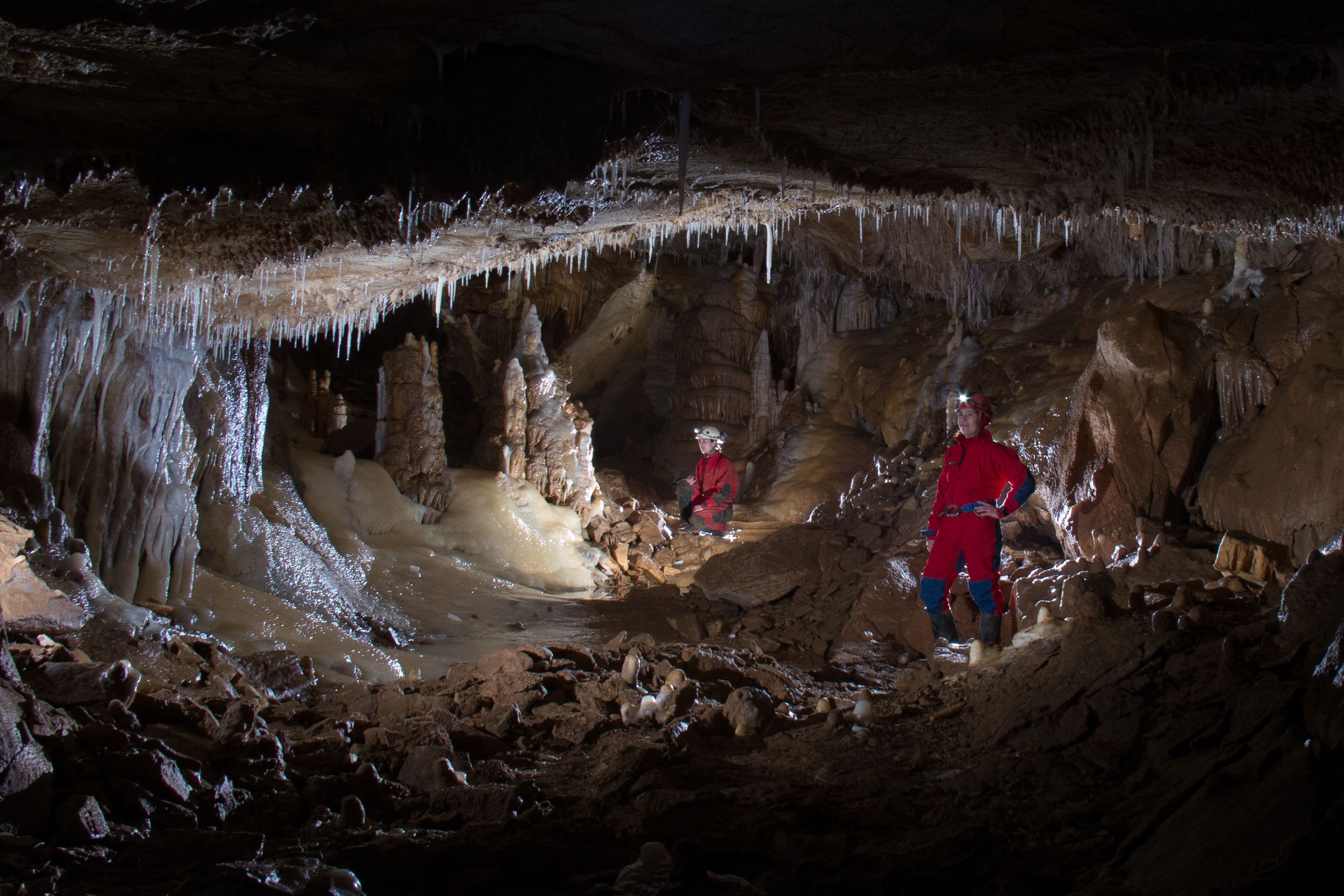
Evaluate the dark side with the CaveLife app - add photo 4Speläologische Arbeitsgemeinschaft Hessen e.V.Speläologische Arbeitsgemeinschaft Hessen e.V. Evaluate the dark side with the CaveLife app - add photo 5Renate GindertRenate Gindert 
Evaluate the dark side with the CaveLife app - videoVerband der deutschen Höhlen- und Karstforscher e.V. VdHK / German Speleological Federation Verband der deutschen Höhlen- und Karstforscher e.V. VdHK / German Speleological Federation

